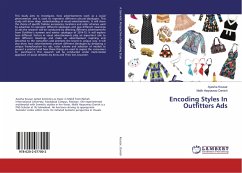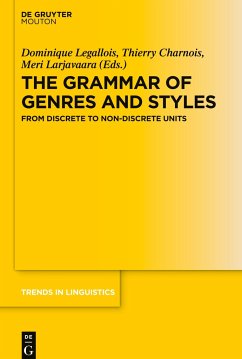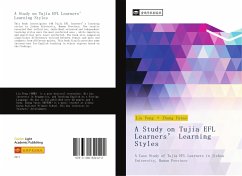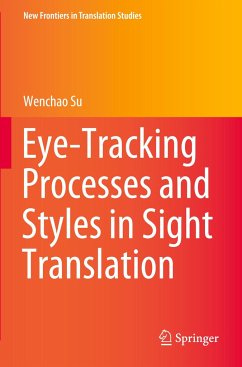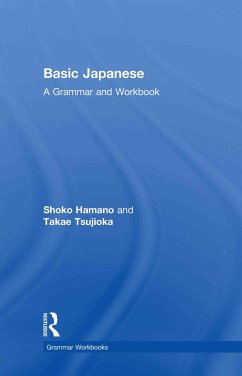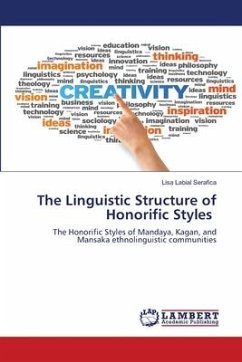
The Linguistic Structure of Honorific Styles
The Honorific Styles of Mandaya, Kagan, and Mansaka ethnolinguistic communities
Versandkostenfrei!
Versandfertig in 6-10 Tagen
40,99 €
inkl. MwSt.

PAYBACK Punkte
20 °P sammeln!
Honorifics vary greatly depending on the language, culture, and specific customs of the group in question. Some communities might use pronouns such as "Your Majesty" or "Your Excellency" to show respect for someone in a position of authority, while others may use special titles like "Chief" or "Elder" to honor someone with a distinguished status or achievement. This ethnographic design study was aimed to explore the extant honorific styles of the Mandaya, Kagan, and Mansaka ethnolinguistic communities of Tagum City. The findings reveal the existence of the appellative honorifics of Kinship, Su...
Honorifics vary greatly depending on the language, culture, and specific customs of the group in question. Some communities might use pronouns such as "Your Majesty" or "Your Excellency" to show respect for someone in a position of authority, while others may use special titles like "Chief" or "Elder" to honor someone with a distinguished status or achievement. This ethnographic design study was aimed to explore the extant honorific styles of the Mandaya, Kagan, and Mansaka ethnolinguistic communities of Tagum City. The findings reveal the existence of the appellative honorifics of Kinship, Sub-kinship, Rank, Aged, Professional, No Naming, and Identity Honorifics. Moreover, bound morpheme markers such as ma, dag, da, pyag, an, gi, on, ka, di, and ba exist in the dialects of the ethnolinguistic communities which describe and define the person's characteristics and abilities in the honorific styles.



